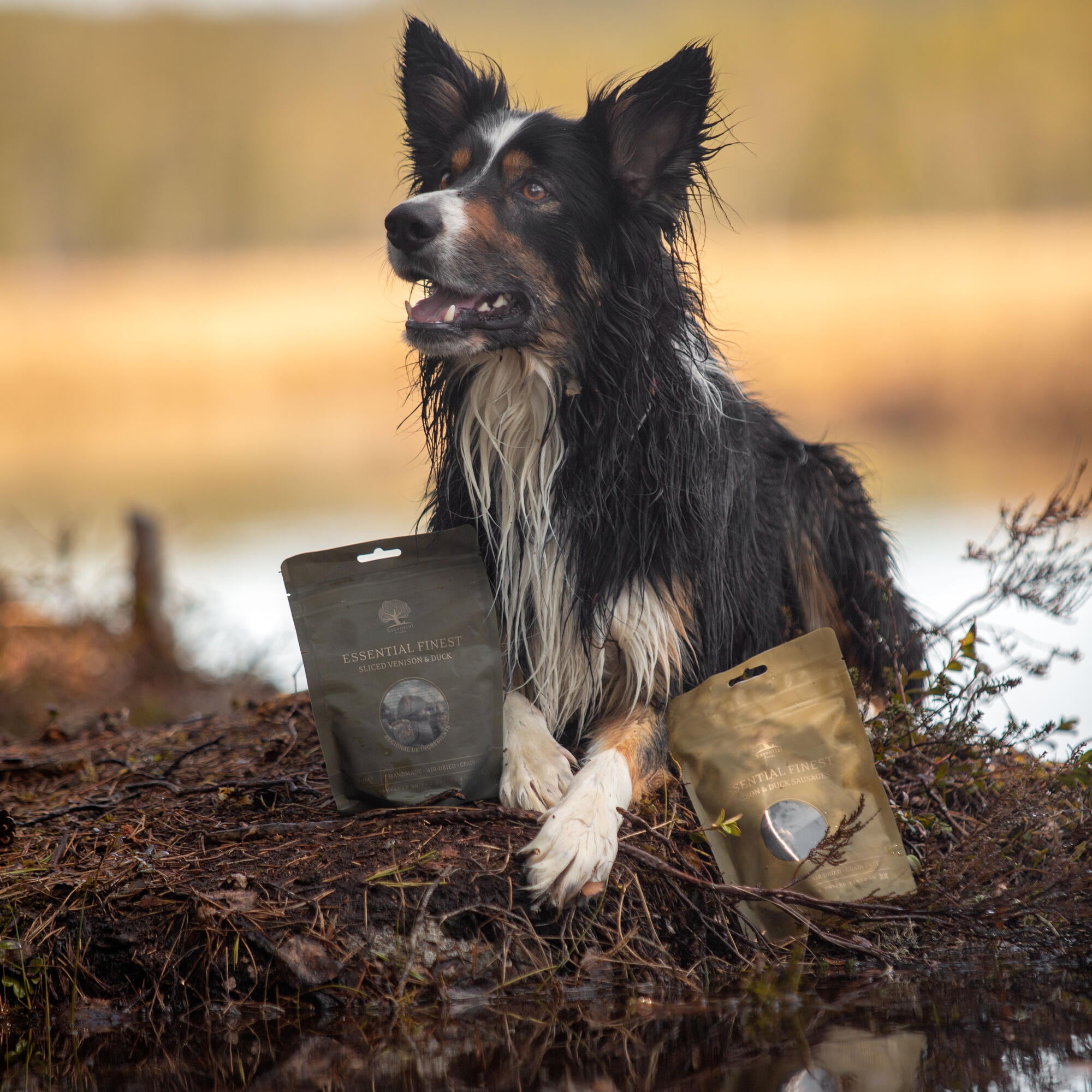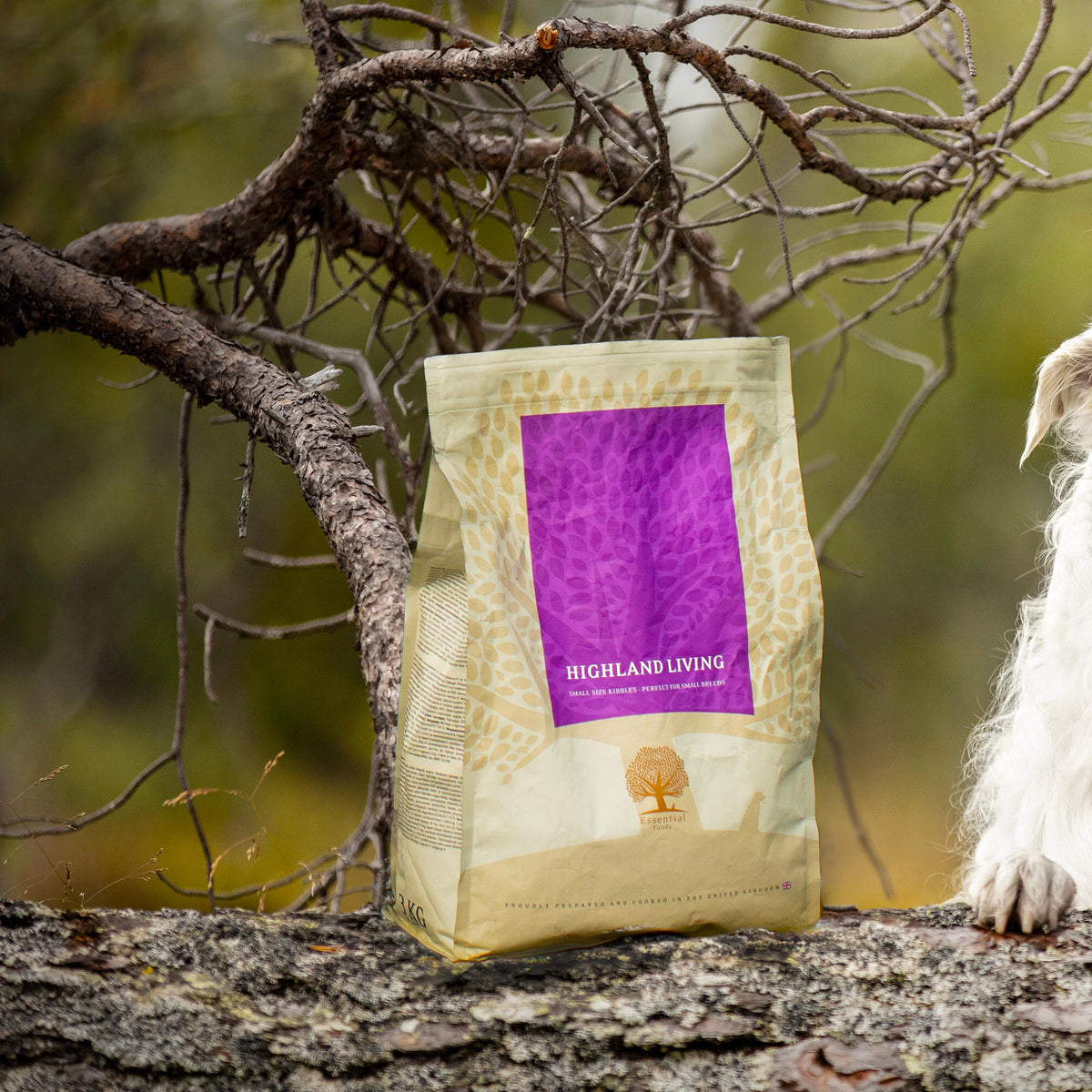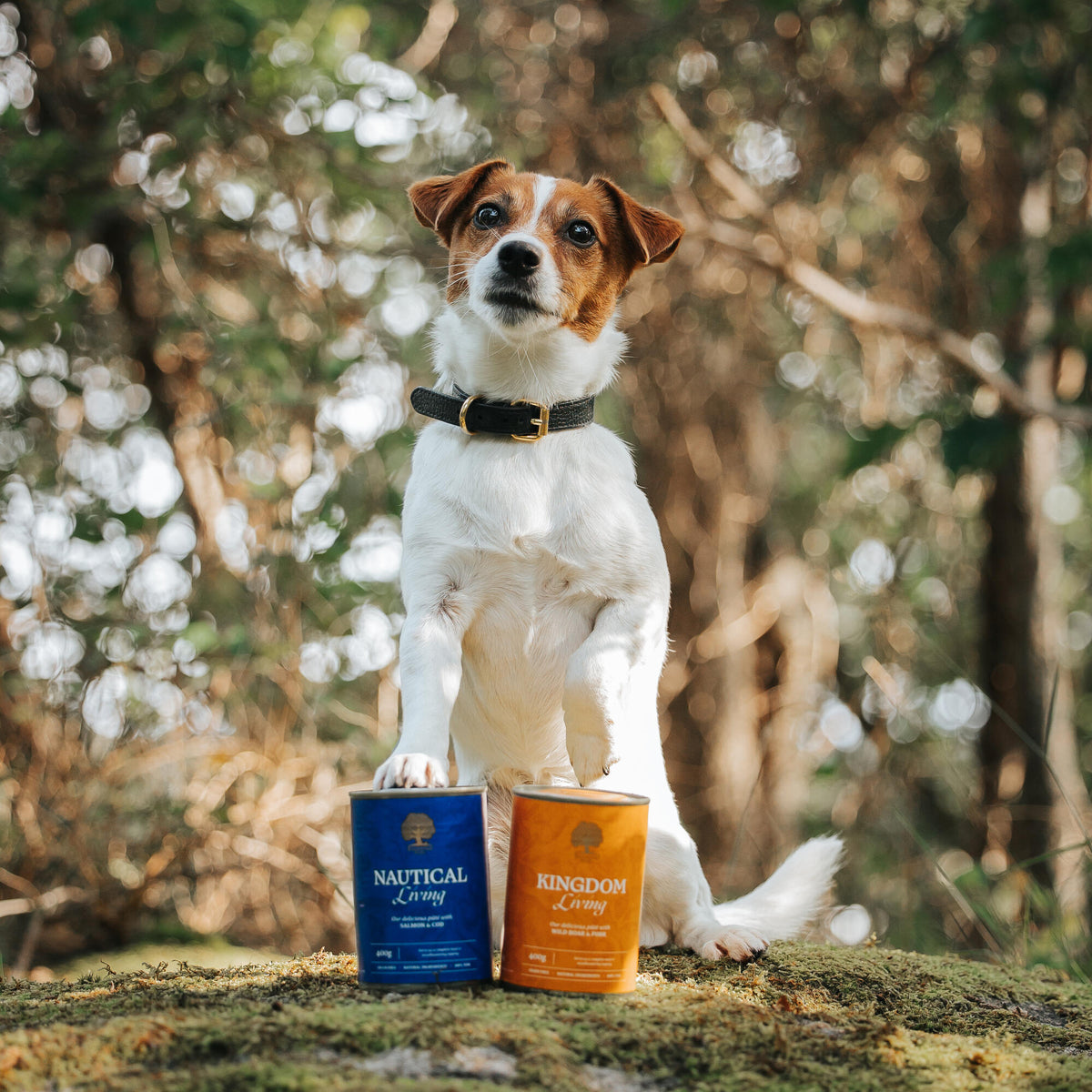Your Cart is Empty

When welcoming a new puppy into your home, ensuring their health and development is paramount. One of the most critical aspects of your puppy’s growth is proper nutrition. Understanding when and what type of food to introduce to your puppy will lay the foundation for a healthy and vibrant life.
Puppies generally begin the weaning process at around three to four weeks of age. This is the time when they gradually transition from their mother’s milk to solid food. The process is gradual, typically taking three to four weeks, and by the age of eight weeks, most puppies are fully weaned.
Around the age of four weeks, you should start introducing puppy food. Initially, this food should be mixed with water or puppy milk replacer to create a soft, gruel-like consistency, making it easier for the puppy to digest. This transition helps the puppy’s digestive system adjust to solid foods.
Selecting the right puppy food is crucial to ensure that your puppy receives all the necessary nutrients for optimal growth. Puppy food is specifically formulated to meet the unique nutritional needs of growing dogs, providing higher levels of protein, fat, and essential vitamins and minerals compared to adult dog food.
High Protein Levels: Puppies require a diet rich in protein to support muscle development and overall growth. Premium puppy foods typically contain higher protein levels, essential for building strong muscles and supporting healthy organ function.
Omega-3 Fatty Acids: Omega-3 fatty acids are vital for brain development and a healthy coat. Look for puppy foods enriched with extra omega-3 to support cognitive function and promote a shiny, healthy coat.
Balanced Omega Formula (B.O.F): A balanced omega formula ensures that your puppy receives the right ratio of omega-6 to omega-3 fatty acids, which is crucial for maintaining optimal health, reducing inflammation, and supporting joint health.
No Grain: Grain-free puppy food options are often recommended for puppies with sensitive stomachs or food allergies. They provide essential nutrients without the potential irritants found in grains, ensuring easier digestion and nutrient absorption.
High-Meat Content: Puppies thrive on diets with high meat content. Meat is an excellent source of protein, amino acids, and essential nutrients that support your puppy’s growth and energy levels.
Excellent Palatability: Puppies are often picky eaters. Choosing a food with excellent palatability ensures that your puppy enjoys their meals, making it easier to meet their nutritional needs without fuss.
Puppies have small stomachs and high energy levels, requiring multiple small meals throughout the day. Here’s a general guideline:
It’s important to monitor your puppy’s growth and adjust their food portions as needed. Overfeeding can lead to obesity, while underfeeding can result in malnutrition and stunted growth. Consult your veterinarian regularly to ensure your puppy is on the right track.
Essential Foods Puppy Foodis an excellent choice for your puppy’s nutritional needs. It combines all the essential components needed for optimal growth and development:
Feeding your puppy the right food at the right time is crucial for their development. By choosing high-quality, grain-free, and nutrient-dense puppy food like Essential Foods, you’re giving your puppy the best start in life. With higher protein levels, extra omega-3, and a balanced omega formula, Essential Foods Puppy Food ensures your puppy grows into a healthy, strong, and happy dog.


